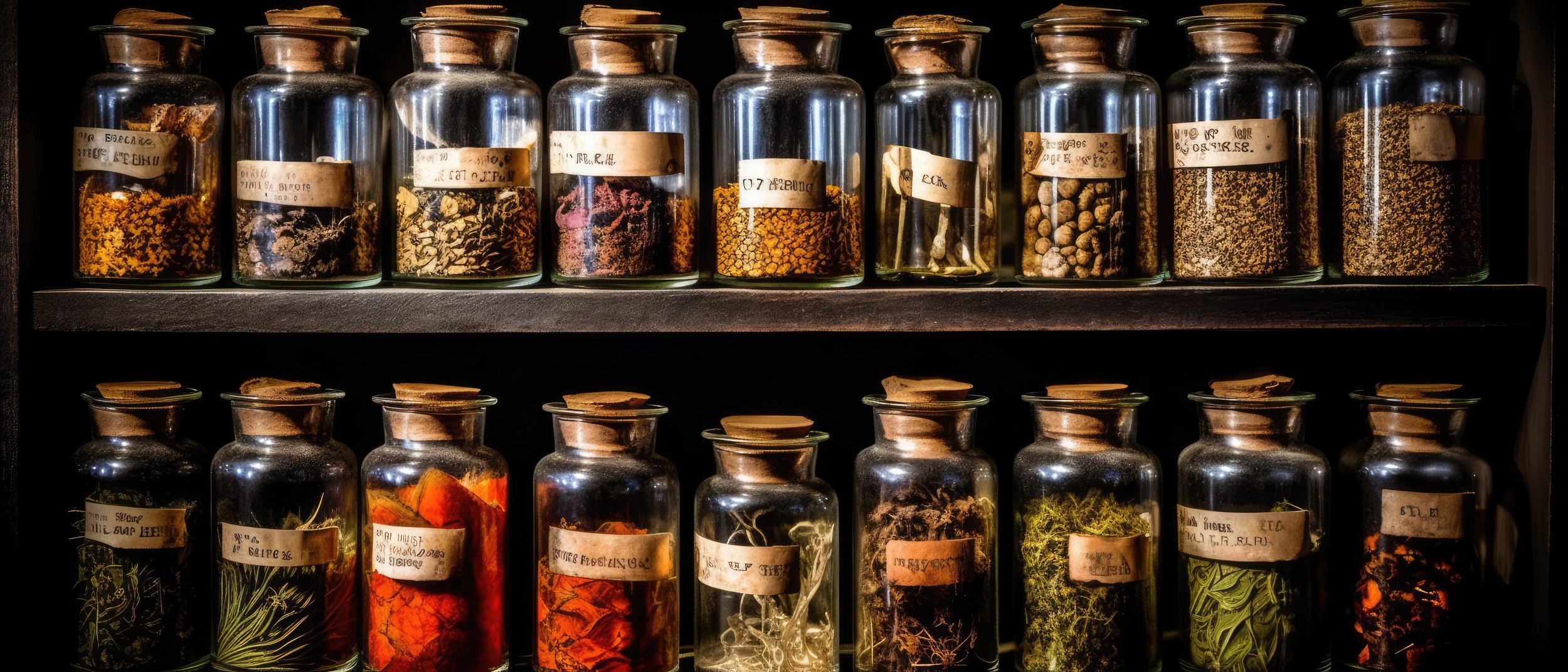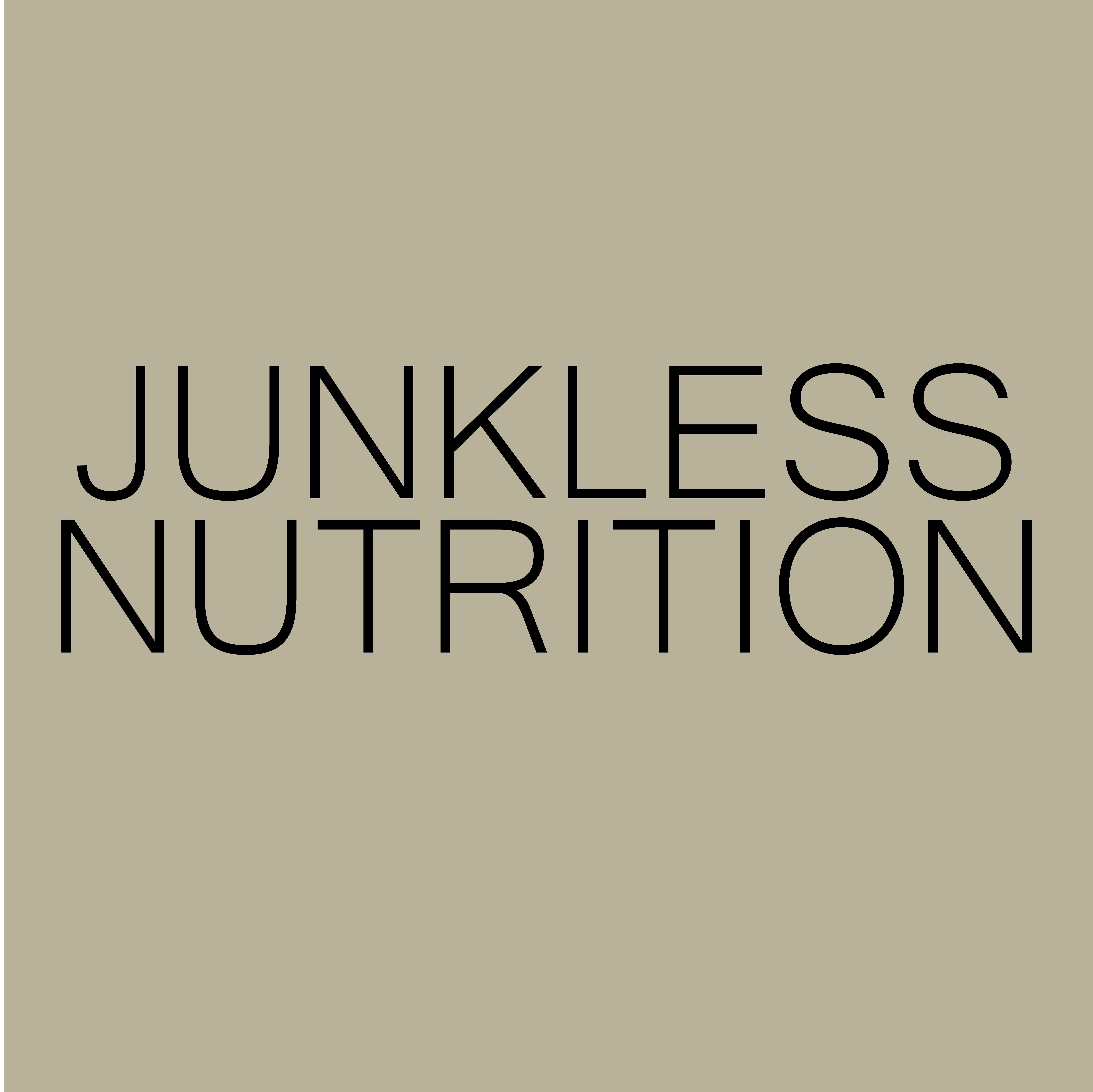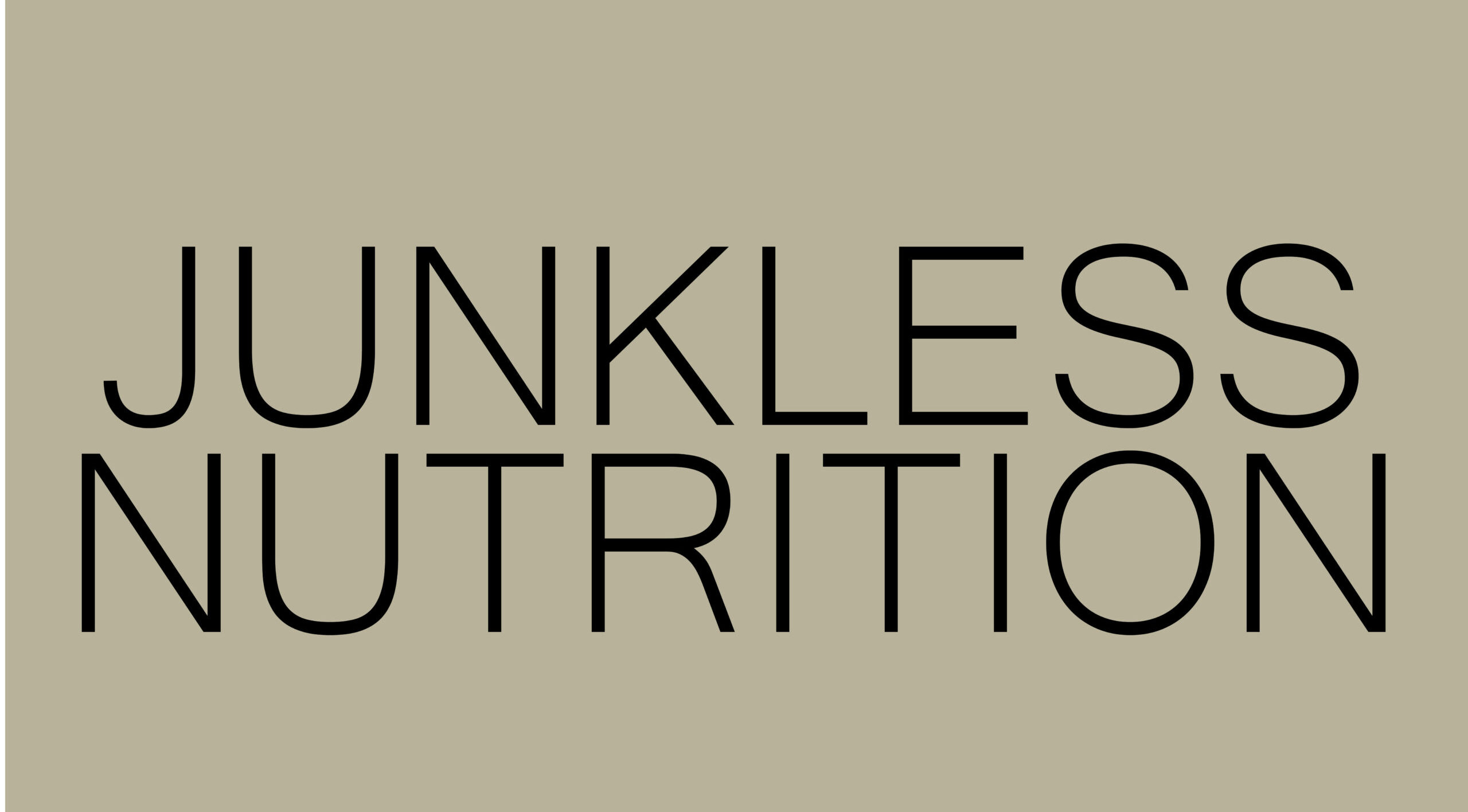
What is an herbal tincture?
Tinctures are another method of ingesting herbal extracts. Plant parts like roots, bark, or leaves are soaked in alcohol or vinegar for an extended period. The duration of soaking depends on the specific herb being used. This concentrates the extract making it more bioavailable to be absorbed by your stomach.
Unlike other extracts, tinctures bypass the need to digest whole herbs in the gut and are easily absorbed, with a higher potency giving them an advantage over powders or capsules. The alcohol or vinegar are also great preservatives allowing the shelf life to be several years.
How to make herbal tincture
Equipment Needed:
· 1 Mason jar per herb mixture
· 1 Pyrex measuring cup.
· Fine cheesecloth and fine mesh strainer or a potato ricer (For Straining)
· funnel for decanting the tincture.
Materials:
· High 70% to 95% clear grain Drinking alcohol (we use 40 proof vodka which converts to 80% alcohol)
· Herbs of your choice
· Distilled water
Procedures:
You need to start with the herb. There are 3 different forms herbs come in: powder, whole herb, and grounded.
All 3 methods are similar, but when using the whole herb in its natural form, remember that plants are mostly water. When making the alcohol and water mixture, always use more alcohol than water. This helps prevent bacteria from forming inside the solution. Always bear this in mind when measuring water and alcohol concentrations.
Step 1: We are doing a 1:3 ration mixture. Fill the mason jar with 1/3 of the preferred herb. You can always place more herbs and make it more concentrated but then there will be less liquid in the jar to use for your tincture later.
Step 2: Fill your Pyrex measuring cup with 50% alcohol and 50% water. You can use 100% alcohol to increase the herbs’ effectiveness, but it will make the taste of alcohol stronger. We recommend going 50% alcohol your first time and adjusting over time. There are ways to remove the alcohol which will be explained later.
Step 3: Pour your mixture in the jar. Once filled, seal the jar, and label the type of herb, the concentration, and the date, (Trust us this will save you a lot of headaches later).
Step 4: Shake the mixture thoroughly, this will help the alcohol spread evenly. I recommend checking every few days and shaking it again, or whenever you notice the solution settling. Store the jar in a cool dark place for 3 to 6 weeks, the longer the better. This will improve the quality and guarantee every little bit is extracted.
Step 5: It is now time to strain your tincture. Pour the content through the filter you have chosen into another container. If you decide to use a fine cheese cloth, you can wrap the left-over herb caught in the filter in a ball and wring it up like a mop to squeeze out the excess tincture.
Your herbal tincture is now ready.
Next, you want to understand proper dosing.

How many drops of tincture?
To find the right amount of tincture, calculate its strength and the required dose of the herb being used. For this example, we will be using our 1:3 extract strength with 50/50 water and alcohol solution that we mentioned earlier.
For 10ml of the tincture, you can get the equivalent number of dried herbs by multiplying the extract strength ratio (1/3) by 10ml.
With this, we get a value of 333mg/ml tincture. The Bioavailability of an alcohol extract is far higher than using powder or capsule supplements alone.
Tinctures are absorbed very quickly and effectively. Our body utilizes 98% of an herbal tincture but only about 50% of a capsule or tablet. This is because the body does not need to break down plant cellulose before absorbing it. Cellulose is a type of fiber that makes up the cell walls of plants. So 333mg of tincture is almost double the dose of 333mg in capsule form.
Tinctures are usually packaged in a dropper bottle with a standard 1ml dropper bottle. 1 ml equates to 30 drops to 40 drops. There’s no certainty each drop will be the exact same size as 1 drop can be slightly larger or smaller than the other.
Do herbal tinctures expire?
Alcohol-based tinctures have an unlimited shelf life and do not require refrigeration if stored in a cool, dark location.
Vegetable glycerin-based tinctures do not require refrigeration and can last from 3-5 years.
Vinegar-based tinctures are recommended for refrigeration and can last up to a year.
How to remove alcohol from herbal tinctures?
So earlier we talked about how to remove alcohol from herbal tinctures.
You can place the tincture drops into boiling water and the alcohol will evaporate leaving only the water. Alcohol evaporates at 173 degrees Fahrenheit (78.3 °C) compared to

water’s 212 degrees Fahrenheit (100°C) boiling point. So, for example, if you’re making a cup of hot tea, it would take about 5 minutes for the alcohol to dissipate.
Another method is to dilute it. Place the required tincture drops into a drink of your choice. The flavor of the drink helps by masking the alcohol taste.
How to store herbal tinctures
To ensure long-lasting quality, you want to prevent exposure to these 3 elements;
· Light – using a container that can prevent light exposure prevents the herb from degrading.
· Heat – extreme temperatures oxidize and again degrade the ingredients.
· Oxygen – also accelerates degradation, and your tincture will evaporate over time.
An airtight, amber glass container is the usual go-to for most herbalists. The glass material also helps prevent contamination.
If stored properly tinctures can last for years with little loss of quality.
Commonly asked questions.
Where to buy herbal extracts?
Currently, we carry a large selection of herbal powders that can be used for tinctures Click Here
What is the best alcohol for making tinctures?
We prefer 40-proof vodka or Ever Clear. Avoid using any kinds of rums or “dark liquors”, the taste will not be pretty, and some liquors have sugar content that can contaminate your tincture by creating mold.
Do tinctures need to be refrigerated?
Bacteria grow most rapidly in the range of temperatures between 40 °F and 140 °F. A refrigerator set at 40 °F or below will protect most foods. If you are using an alcohol-based tincture, there is no need for refrigeration, but it is required to be stored in a cool dry place. However, vinegar-based tinctures must be refrigerated.
Are cannabis (marijuana) tinctures made the same way as herbal tinctures?
Yes, both are made the same way with the same result of a concentrated form of the originating extract.
How do I get the best results from tincture?
Taking your tincture dose 30 minutes before any meal or 2 hours after your last is beneficial to its absorption into the body.


